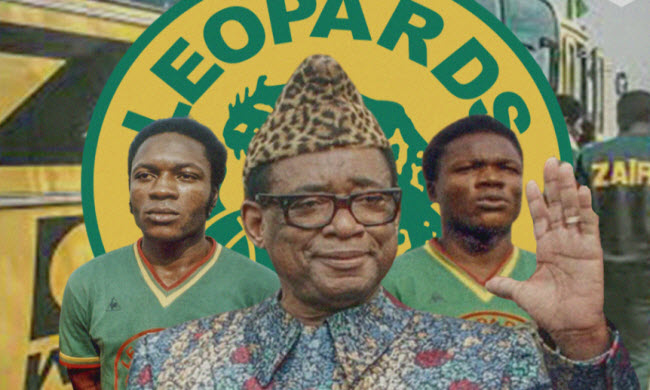African football has come a long way in recent decades, with players like Mohamed Salah and Sadio Mané making significant impacts in major leagues. Former African stars such as Samuel Eto’o and Didier Drogba have also left a lasting legacy in the game. This influence is not only evident at the club level but also in international competitions, particularly the World Cup. Teams from Africa, such as Nigeria, Cameroon, and Ghana, have made notable contributions to the tournament’s history. However, the journey to recognition was not always smooth. Before 1974, African nations struggled for acknowledgment on the global stage due to discriminatory qualification rules set by FIFA.
In 1974, Zaire, now known as the Democratic Republic of Congo, became the first Sub-Saharan African country to qualify for the World Cup. Despite being the reigning African Cup of Nations champions, their performance on the world stage highlighted significant gaps in experience and preparation. The team’s poor results led to threats from the country’s leader, Mobutu Sese Seko, who warned players of dire consequences if they failed to improve their performance.
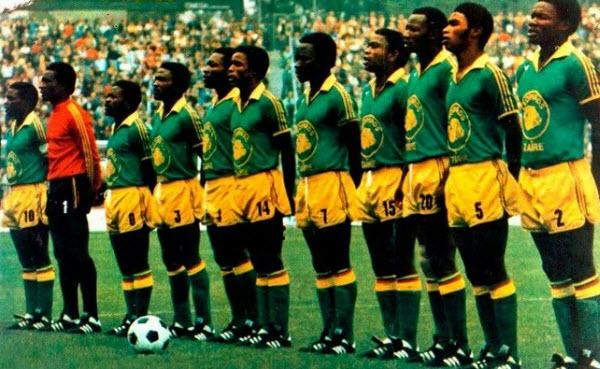
Zaire’s World Cup campaign began on June 14, 1974, in West Germany, where they faced Scotland at the Westfalenstadion. Scotland, featuring stars like Denis Law, Billy Bremner, and Kenny Dalglish, underestimated their opponents. Zaire’s initial aggressive play impressed spectators, but their lack of experience was evident. Scotland eventually won 2-0, a result that was somewhat undeserved. Despite disparaging remarks from Scotland’s coach, Willie Ormond, who said, “If we can’t beat Zaire, we should pack our bags and go home,” Zaire earned respect for their spirited performance.
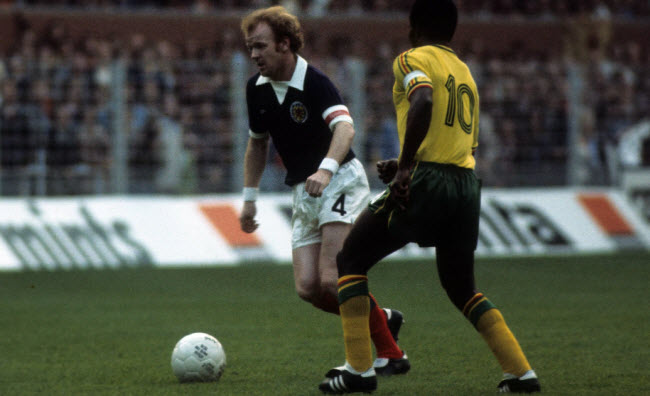
Following the first match, Zaire’s next game was scheduled for June 18. During the four-day break between matches, Zaire’s President Mobutu Sese Seko attempted to capitalize on the situation politically. He invited the team to his personal residence to celebrate their participation in the World Cup, provided them with houses and cars, and set up a financial fund for their expenses. However, the players discovered that the officials had stolen these funds, including their wages, leading to widespread discontent and rebellion within the squad. Most players declared that they would not participate in the next game. FIFA allegedly intervened, reportedly paying around 3,000 German marks per player to ensure they took the field and maintained the tournament’s reputation.
Reluctantly, eleven players appeared on the pitch at Parkstadion in Gelsenkirchen to face Yugoslavia. Although present physically, their spirits were low. The match quickly turned into a farce, with Zaire’s players appearing exhausted and unmotivated due to the turmoil. In one of the most embarrassing openings in World Cup history, Yugoslavia scored three goals in just 20 minutes. Veteran Yugoslavian coach Blagoje Vidinic, who had previously been an international player, substituted Zaire’s goalkeeper Kazadi Mwamba in the 21st minute with Dimi Toplandu, who, standing at just 1.62 meters, also conceded multiple goals. The match ended in one of the most humiliating World Cup defeats ever, with a final score of 9-0.
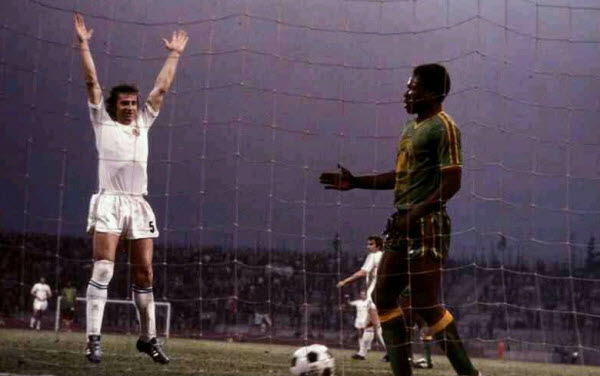
The defeat left Zaire and African football in a deeply embarrassing position. The perception that Africans were inferior in the sport was reinforced, as Zaire’s first and only World Cup appearance ended in disaster, with eleven goals conceded and none scored. The situation worsened when Zaire faced Brazil, the reigning champions and a strong tournament contender, just four days later. Despite the comedic display by Zaire, President Mobutu was furious at the perceived humiliation and took drastic measures. According to defender Mwepu Ilunga, in an interview with the BBC, Mobutu’s presidential guards threatened the team, closed the hotel to journalists, and warned that if Zaire lost 0-4 to Brazil, they would not be allowed to return home.
During the match against Brazil, Zaire faced immense pressure. Midway through the second half, with Brazil leading 2-0, Zaire was awarded a free kick from 25 yards out. In one of the most famous incidents in World Cup history, defender Ilunga cleared the ball away, an action many commentators at the time deemed foolish and ignorant of basic football rules. BBC commentator John Motson described it as a “strange moment of African ignorance,” but the reality was more complex. The move was driven by fear and was a deliberate tactic to waste time and disrupt Brazil’s rhythm.
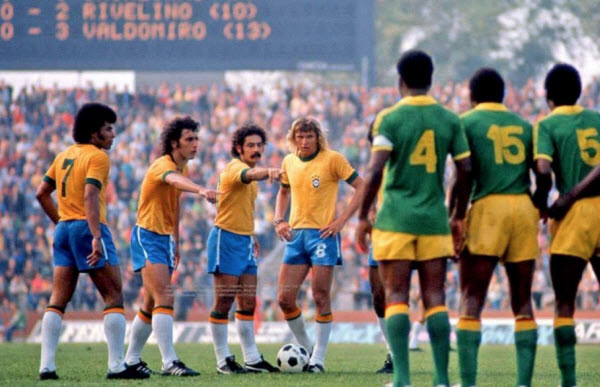
Despite Zaire’s efforts, Brazil managed to score a third goal. Fortunately, the match ended with a 3-0 result, allowing the players to return home, albeit with significant shame and social stigma. Their professional football careers ended almost immediately, and Mobutu withdrew financial support for the team, effectively choking the development of football in Zaire.
